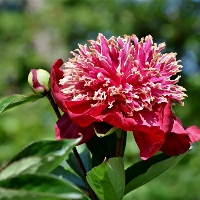How much is the tuition fee for the adult college entrance examination of Ocean University of China?
The adult college entrance examination of Ocean University of China shall be accepted in accordance with the relevant regulations of the Ministry of Education and the Provincial Education Admission Examination Institute. If the actual enrollment of a major is less than 20, our school will adjust the teaching location or other forms according to the actual enrollment.
Our school will charge tuition fees after the freshmen obtain the official admission notice of our school in strict accordance with the standards set by Shandong Province and the provincial price department where the candidates are located. The tuition fees for all majors enrolled in Shandong Province in 2021 will be 3200 yuan/student/year.
Learning methods and duration:
Learning mode: combination of online teaching, self-study and face-to-face teaching.
Length of schooling: 2.5 years from junior college to undergraduate.
Education and degree:
Those who pass the study will be issued with the graduation certificate (adult higher education) of Ocean University of China, which is registered electronically by the Ministry of Education and recognized by the state. The graduation rates in the past three years are 98.5%, 99.1% and 99.2% respectively. Adult undergraduate students have one and only one opportunity to take foreign language and professional courses examinations for their degrees. Undergraduate graduates who meet the conditions for degree awarding can be awarded the Bachelor's Degree Certificate of Ocean University of China (adult higher education). Over the years, the proportion of bachelor's degrees obtained by our university ranks among the top among all universities in Shandong Province.

